Cyril Ramaphosa Prioritises Water Crisis in SONA Speech, UNISA Professor Discusses President’s Plans
- President Cyril Ramaphosa unveiled plans to tackle the water crisis during his State of the Nation Address
- The President has already set aside funds to deal with the crisis and ensure everyone has access to water
- A UNISA professor weighed in on the president's plans and the country's current water woes
Don't miss out! Join Briefly News Sports channel on WhatsApp now!
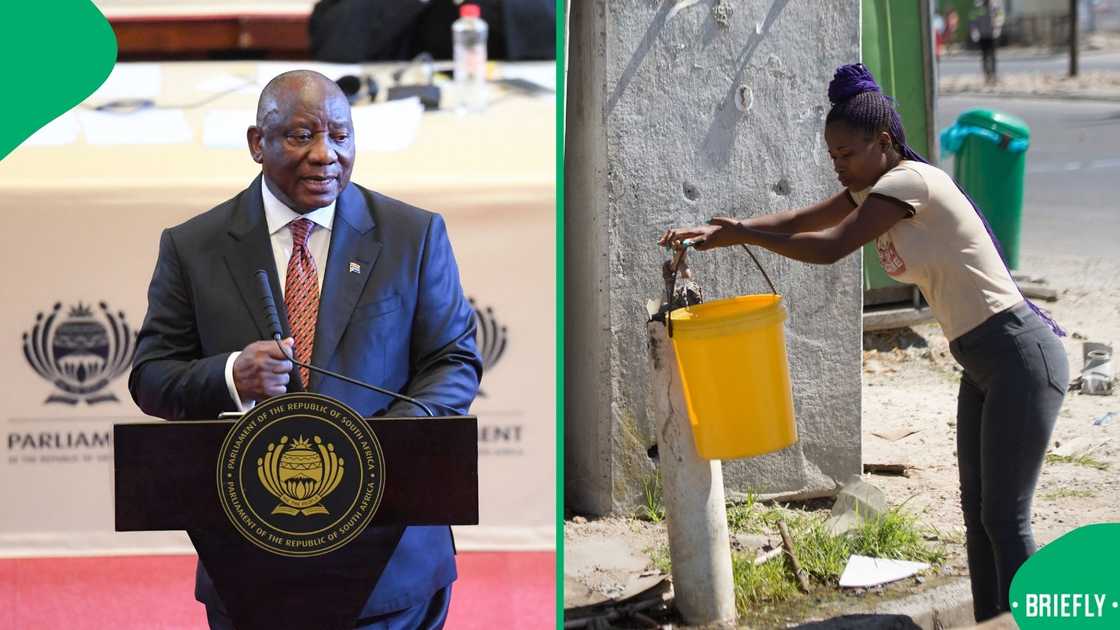
Source: Getty Images
President Cyril Ramaphosa’s State of the Nation was described as being a mixed bag by many, but one topic did turn heads.
During his speech at the Cape Town City Hall on 6 February, the president announced that the government was prioritising fixing the country’s water crisis. The president stated that it was an urgent priority to ensure that all citizens had access to a secure and reliable water supply.
President to prioritise water woes
During his address, Ramaphosa explained that water woes would be given the same level of support that the power issues were given when loadshedding was at its peak. He also emphasised why it was so important that all citizens had access to clean water.
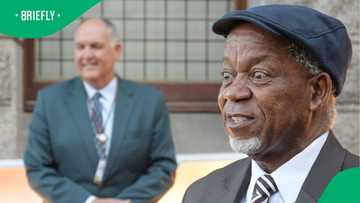
Read also
Kenneth Meshoe demands accountability, wants Cyril Ramaphosa to explain $4 million stolen from farm
PAY ATTENTION: stay informed and follow us on Google News!
“Many people in our cities, towns and villages are experiencing more and more frequent water shortages as a result of failing water infrastructure. It is impossible to live without water and it is impossible for the economy to grow without water,” the president said.
He announced that the government would be taking action to ensure it could deliver water countrywide, whether it was to cities or rural villages.
To do this, the Infrastructure Fund secured R23 billion for seven large water infrastructure projects.
Ramaphosa then went into detail about some of the other plans the government had to solve the growing crisis, with most of them focusing on upgrading and maintaining the country’s infrastructure, saying that they planned to invest more than R940 billion on infrastructure over the next three years.
UNISA professor weighs in on Ramaphosa’s plans
Speaking exclusively to Briefly News after the president’s address Professor Richard Meissner from UNISA weighed in on Ramaphosa’s plans and the country’s ongoing struggles with water, saying he wasn’t surprised at all that there was an emphasis on water.
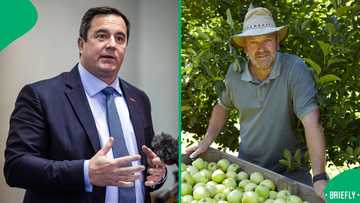
Read also
John Steenhuisen says South Africa can't afford to lose Afrikaans farmers, Mzansi divided by comment
He noted that in the lead-up to the May elections, some political parties included the issue of water in their manifestos, explaining that they saw it as a pertinent issue to garner votes.
He also noted that the emphasis on infrastructure development was not new either, and added that the government has in the past completed major projects to tackle the water issue.
Prof Meissner did note that the R23 billion secured already showed that the government has funds on hand to implement some of its projects.
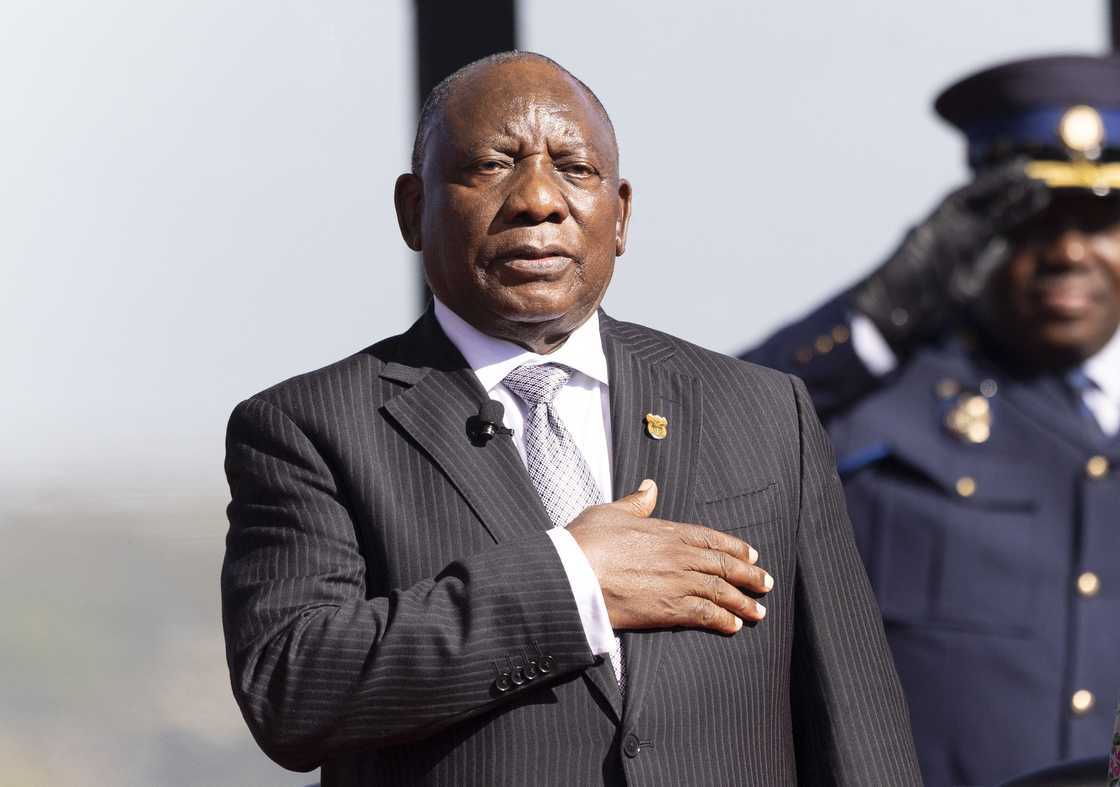
Source: Getty Images
A culture of non-payment
While addressing some of the challenges the country faces when it comes to tackling the issue, Prof Meissner noted that while rivers and reservoirs had sufficient water, distribution challenges affected some of the local governments tasked with providing water services. He also touched on the issue of non-payment for water services.
“There is a culture of non-payment for water services, with many consumers illegally connected to the system.
“This strains municipalities to maintain and enhance infrastructure while meeting obligations to the water board,” he said.
He added that a Portfolio Committee on Water and Sanitation meeting recently touched on the sustainable debt between municipalities and water boards, resolving to implement measures to prevent some water boards from bankruptcy as a result of non-payment from their suppliers. The Committee resolved to tackle the outstanding debts by withholding equitable shares from defaulting municipalities.
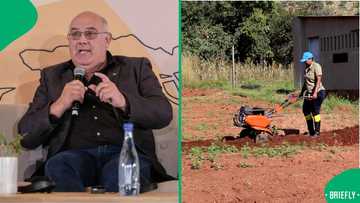
Read also
SAAI leader Theo de Jager calls on Donald Trump not to ignore the sufferings of black farmers
This is to prevent water boards from going bankrupt because municipalities didn’t pay them. One of the problem municipalities is the Matjhabeng Local Municipality, which owes the Vaal Central Water Board approximately R7.2 billion as of November 2024. Thabazimbi Local Municipality also found itself in hot water as it owes the Magalies Water Board about R198 million as of June 2024.
The Committee heard that some municipalities can afford to pay the water boards, but don’t, while others failed to do so because the rate payers’ base was either too small or too poor.
Prof Meissner confident government can win the war
While he admitted that there was an urban bias when it came to water because most of the population was concentrated there, Prof Meissner said he felt that there should be more emphasis on the rural population, especially when it came to how they access water and their state of water security.
He added that the government could focus on urban and rural during their plans going forward as the country was governed by three spheres of government: national, provincial and municipal.
“In deep rural areas, people supply their own water resources without any assistance from government, so we must acknowledge that not in all areas, is it possible for any sphere of government to deliver water.”
He added that there wasn’t a water crisis so to speak, but did mention that in some areas, tackling the issues would prove more challenging than others.
Water expert warns of looming day zero
Briefly News previously reported that a water expert discussed the challenges the country was facing when it came to the resource.
Kate Stubb from Interwaste detailed how severe the situation currently is and how ordinary citizens can help make a difference.
Her input comes as South Africa is experiencing a water crisis, with numerous areas experiencing water restrictions.
Source: Briefly News


